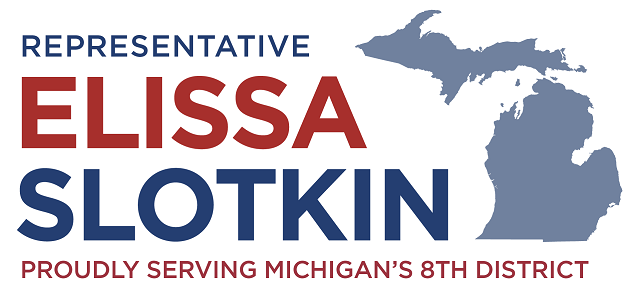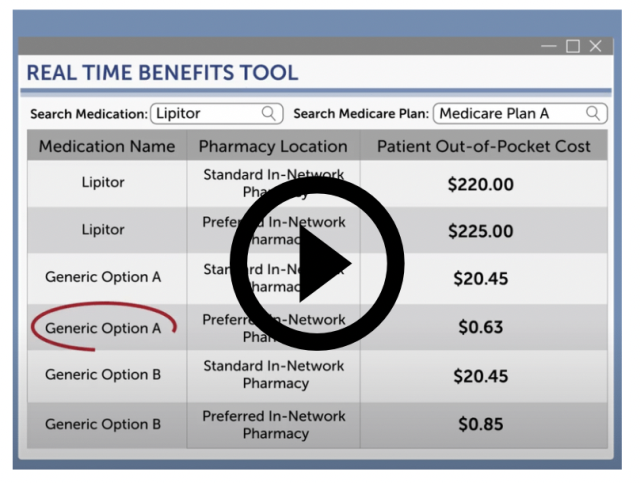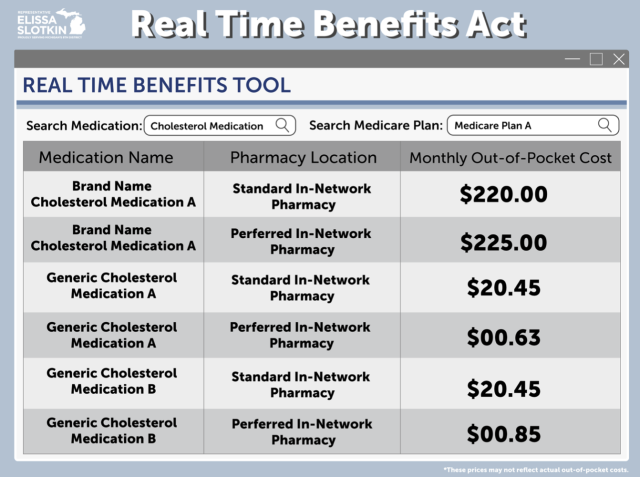
Press Release
FOR IMMEDIATE RELEASE: July 16, 2021
CONTACT: Bob Wheaton, 517-241-2112, wheatonb@michigan.gov
MDHHS “Stay Well” team presents summer webinars to help Michiganders recover emotionally from COVID-19 pandemic
LANSING, Mich. – Mental health research shows it may take months or even years for some people to recover emotionally from experiencing something like the COVID-19 pandemic. With that in mind, the Michigan Department of Health and Human Services (MDHHS) Stay Well program has scheduled two free summer webinar series focused on supporting mental wellness and strengthening resilience.
“MDHHS has recognized the value of helping people take care of their behavioral health as well as their physical health during the fight against COVID-19 and will continue to do whatever we can to help Michiganders address their mental health needs,” said Allen Jansen, senior deputy director of the department’s Behavioral Health and Developmental Disabilities Administration. “The idea is to give Michiganders feeling distressed by the pandemic some new ways to channel their thoughts and energy this summer. Or, as we like to say, be kind to your mind.”
The two series of webinars are called the “Summer Resilience Series” and “Draw Your Feelings!” Details are below:
Summer Resilience Series
The series is open to anyone with access to the Zoom online platform. Featuring a diverse assortment of guest speakers from around Michigan, the webinars explore practices that can help people find hope, tranquility and optimism.
The remaining program line-up for the Summer Resilience Series is as follows, with all “Summer Resilience” webinars beginning at 1 p.m.:
- July 20: Expressive Art: Reveal, Heal, Transform
- July 27: Music for Mindfulness
- Aug. 3: Mindfulness Practice for Anyone, Any Time
- Aug. 10: Meditation 101
- Aug. 17: Exercise for Depression
- Aug. 24: Yoga and Yogic Breathing for Wellness
- Aug. 31: Hardwiring Your Nutrition Routine
Draw Your Feelings!
The second series of webinars offers interactive Zoom workshops designed for parents and their children ages 2 to 10. Led by licensed clinical mental health counselor Zeinab Moussa, the weekly workshops are designed to help children build emotional intelligence through guided drawing activities.
“Children sometimes have difficulty expressing their emotions, and parents may not fully understand what the child is feeling,” said Dr. Debra Pinals, MDHHS medical director for Behavioral Health. “The pandemic has certainly shed light on this, as children have been forced to adapt to change, just as adults have. This free, interactive learning series uses art to help parents and children connect – to their inner emotions and to one another.”
The schedule and topics for this series are as follows, with all “Draw Your Feelings!” webinars at 2 p.m.:
- July 21: All About Me. Children identify their own positive traits by making pictures. Helps boost self-esteem.
- July 28: My Values. Parents and children illustrate their family values by creating a drawing together.
- Aug. 4: Grief and Loss. Through drawing, kids acknowledge sad feelings and work toward processing grief and loss.
- Aug. 11: Anger. What does anger look like? Making pictures leads to a discussion of appropriate ways to express anger.
- Aug. 18: Love Yourselves. Children write what they love about their parents. Parents draw a self-portrait. Helps build parental self-esteem and strengthen family bonds
To learn more and register for any of the sessions, visit Michigan.gov/StayWell. Recordings of past webinars are also available at the site.
In April 2020, disaster behavioral health professionals at MDHHS created the Stay Well Crisis Counseling Program, funded by the Federal Emergency Management Agency in conjunction with the Substance Abuse and Mental Health Services Administration, to help Michiganders through the mental health challenges of COVID-19.
The program operates the Stay Well crisis counseling line – Dial1-888- 535-6136 and press “8” – hosts virtual support groups, presents psychoeducational webinars, and distributes mental wellness information in multiple languages. For information, visit Michigan.gov/StayWell. |














.png)